EDITORIAL
Published on 05 Jul 2023
Editorial: Symbiotic organs in insects: development, metabolism, and physiological regulation
doi 10.3389/fphys.2023.1248654
- 1,092 views
- 1 citation
6,270
Total downloads
32k
Total views and downloads
You will be redirected to our submission process.
EDITORIAL
Published on 05 Jul 2023
ORIGINAL RESEARCH
Published on 22 Mar 2023
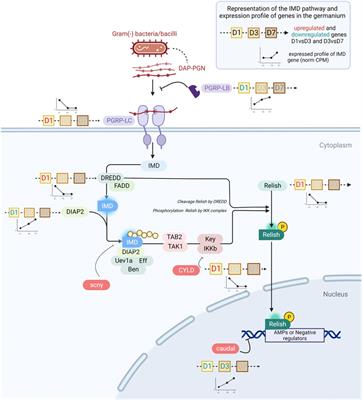
ORIGINAL RESEARCH
Published on 22 Mar 2023
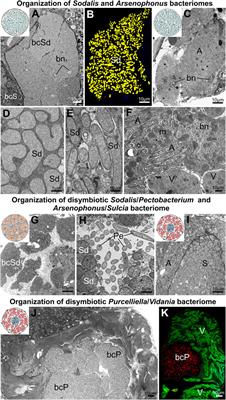
ORIGINAL RESEARCH
Published on 04 Jan 2023
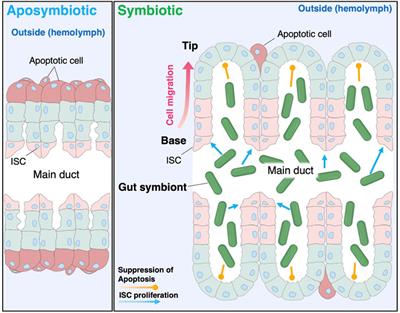
REVIEW
Published on 25 Nov 2022
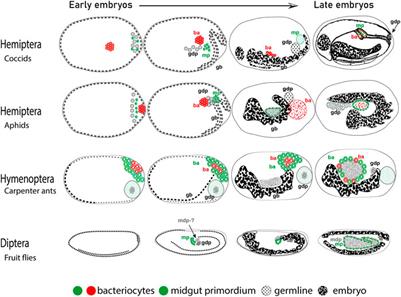
ORIGINAL RESEARCH
Published on 10 Nov 2022
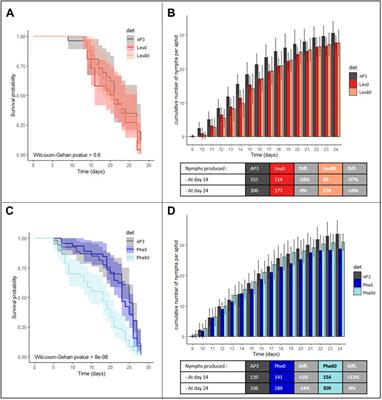
ORIGINAL RESEARCH
Published on 30 Sep 2022
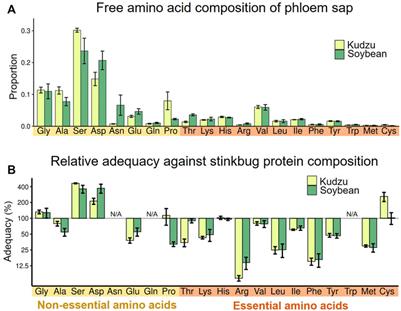
ORIGINAL RESEARCH
Published on 30 Aug 2022

ORIGINAL RESEARCH
Published on 26 Jan 2022

